Libya : Are Elections Possible?
- Par Eldickson Agbortogo
- 16 Feb 2023 12:14
- 0 Likes
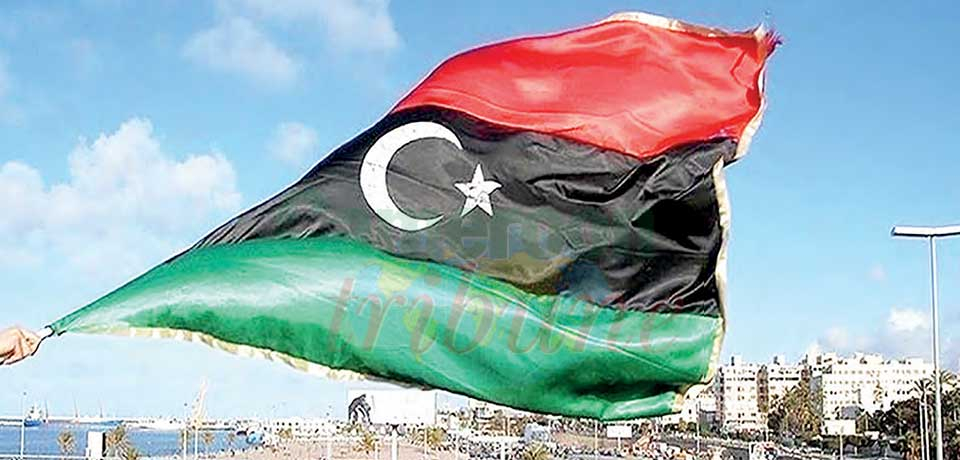
Several months after the failed elections, the different political and military stakeholders are unwilling to make concessions aimed at bringing peace in the country.
When Libya’s post-Muammar Gaddafi’s general elections slated for December 24, 2021 failed to hold, many observers were of the opinion that the different stakeholders would do all they can to see the electoral process through within months. But hardly did they imagine that Libya’s problems were deeper than they thought. Since the postponement of the elections due to arguments between factions and State bodies on how they should take place, Libyans across the country have been filled with weariness, cynicism and anger. Attempts by the Parliament to approve a “roadmap” in which it will choose a new interim government, work with another institution, the High State Council (HSC), to redraft a temporary constitution and put the elections agenda back on the rail have been fruitless. The nearly three million Libyans registered to vote in the December elections, a number that analysts said pointed to a clear national desire to choose their leaders are left with only one question on their lips, “How many times will the election be postponed.” Each year, we hear of postponing, postponement, and postponement some Libyan political actors lament while addressing anxious Tripoli residents on the streets.
December’s elections were meant to resolve the “crisis of legitimacy”, as it was known, by replacing all Libya's institutions with the ones recently chosen by voters. The turbulent transitional period spanning the last 13 years has reached a political impasse, with the incumbent political sides showing no inclination to strike an accord that may lead to them vacating their powerful positions. Foreign interference has played a detrimental role in exacerbating the situation over the past few years, only increasing divisions. Calls for fresh elections, either presidential and parliamentary or parliamentary only to renew political institutions and their legitimacy have come from a wide range of actors locally, regionally and internationally.
The renewed impetus through the appointment of a new UN special envoy to Libya, the Senegalese Abdoulaye Bathily, supported by the key international players to get the Libyan sides to commit to fresh elections, has yet to yield an agreement on a constitutional basis and a firm date for any such elections. It is clear that the UN and international community are now beginning to realize that the main obstacles to elections in Libya are the current institutions, which have far exceeded their time in power. Election laws issued by the Speaker of the Tobruk-based House of Representatives (HoR), Aq...
Cet article complet est réservé aux abonnés
Déjà abonné ? Identifiez-vous >
Accédez en illimité à Cameroon Tribune Digital à partir de 26250 FCFA
Je M'abonne1 minute suffit pour vous abonner à Cameroon Tribune Digital !
- Votre numéro spécial cameroon-tribune en version numérique
- Des encarts
- Des appels d'offres exclusives
- D'avant-première (accès 24h avant la publication)
- Des éditions consultables sur tous supports (smartphone, tablettes, PC)






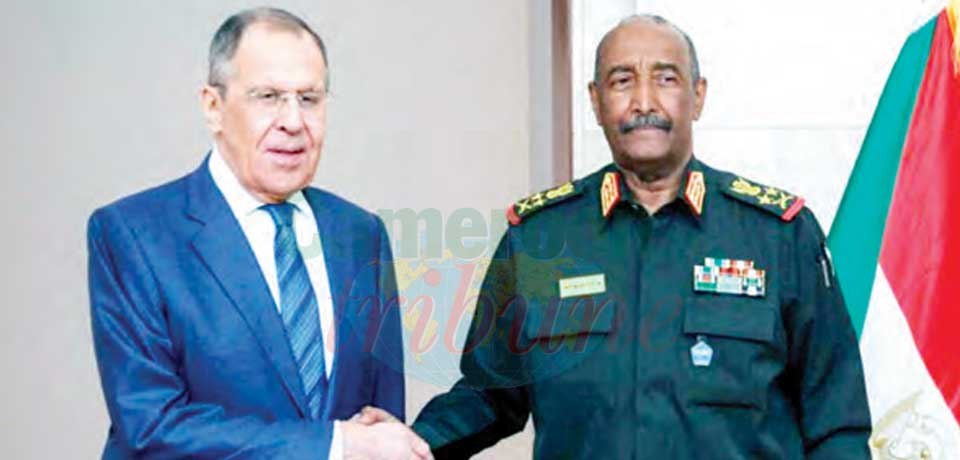
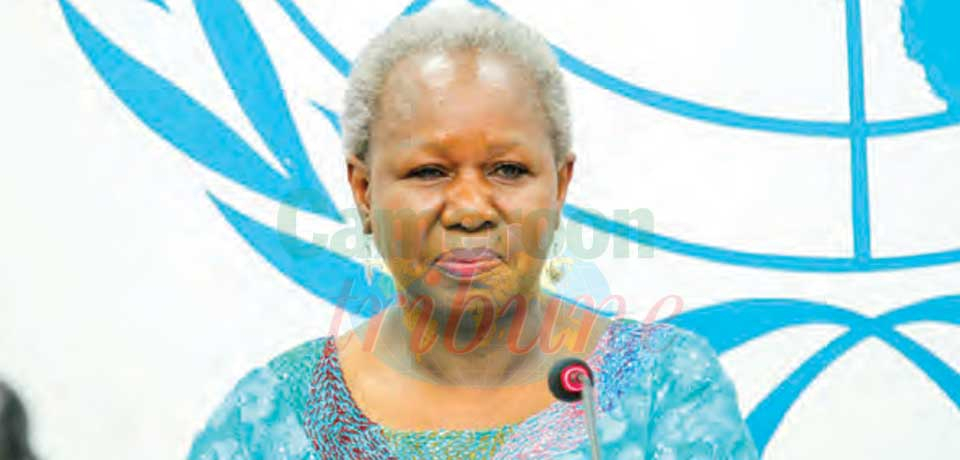
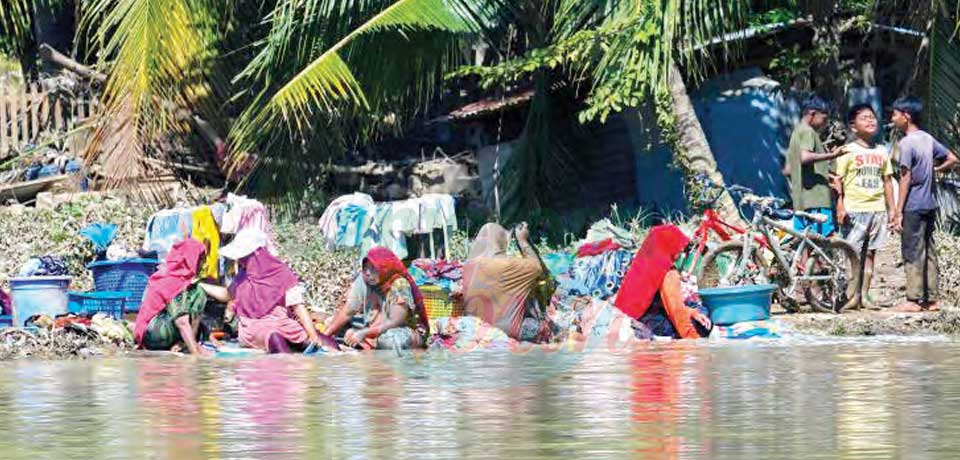
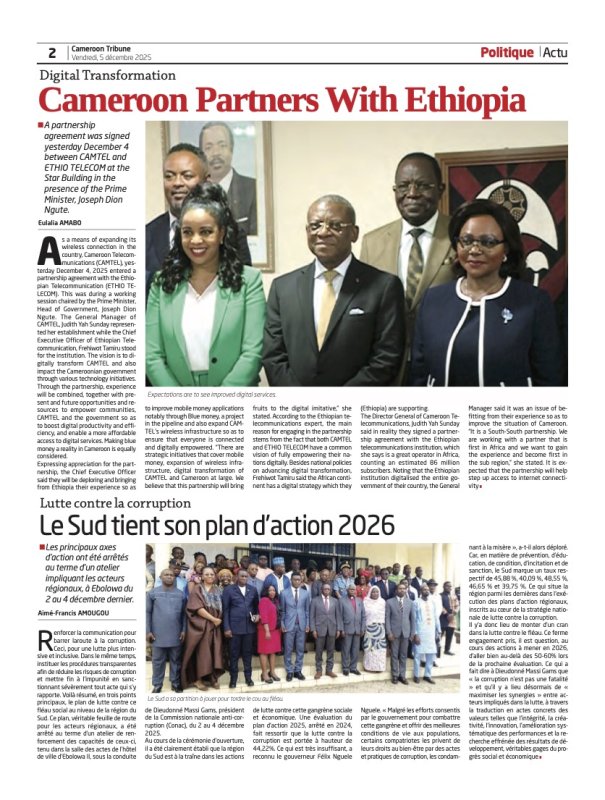




Commentaires